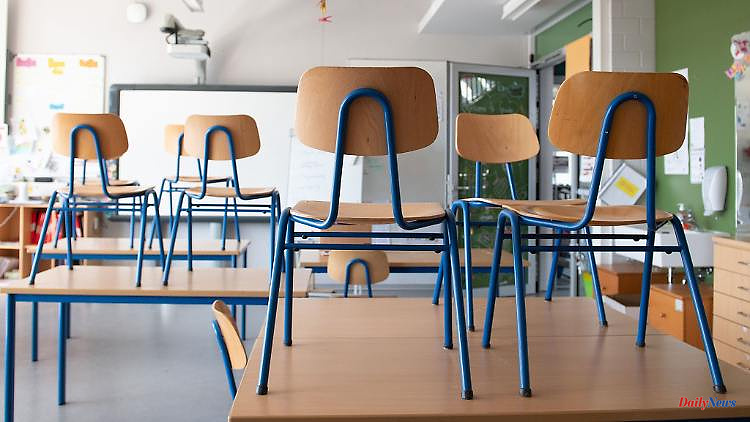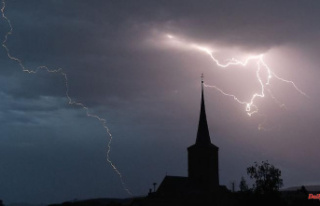Düsseldorf (dpa / lnw) - Despite increased spending on schools and additional teaching jobs, the gap between available teaching positions and the actual occupation has increased. While 1.9 percent of the positions in North Rhine-Westphalia were vacant at the beginning of the past legislative period in 2017, the figure is now 2.7 percent. This emerges from figures provided by the North Rhine-Westphalian Ministry of Education at the request of the German Press Agency.
According to this, the number of teaching positions assigned has increased by 7,829 to around 160,120 since October 2017. However, around 4,369 of them were not occupied on June 1 of this year. Five years ago, on the other hand, 2,945 of 152,291 positions were vacant.
The new school minister, Dorothee Feller (CDU), announced a remedy: "This state government has set itself the goal of sustainably improving the supply of teachers in our state's schools," she assured the German Press Agency in Düsseldorf. This is an ongoing task that is now being actively tackled. "We will bring an additional 10,000 teachers to our schools and raise the starting salary for all teachers to A 13." The CDU and Greens had agreed in their coalition agreement.
With special programs - for example for side entrants, pensioners and career changers - the state government has enabled around 5900 additional settings or continued employment in the school service, the ministry summarized the past legislative period. School budgets have steadily increased in recent years. At around 21 billion euros, it is the largest single item in the state budget for 2022.
There has been a particularly large shortage of teachers in the primary and secondary levels in recent years, while for the grammar schools - with the exception of shortage subjects such as mathematics, natural sciences, computer science, technology, art and music - there is an oversupply.












